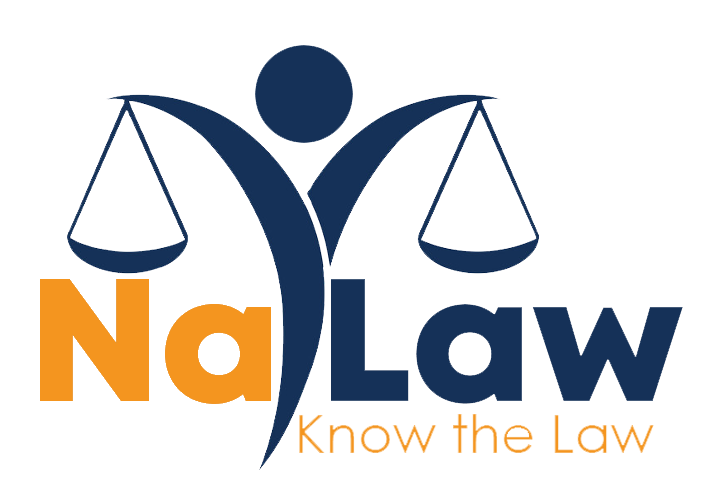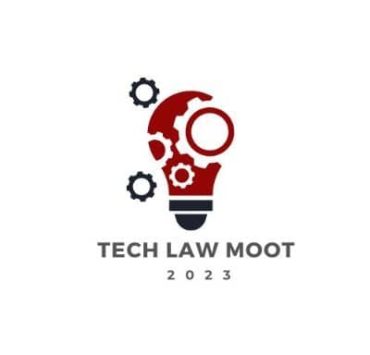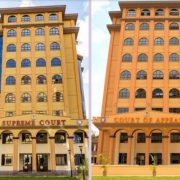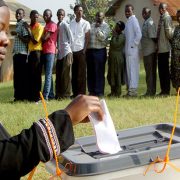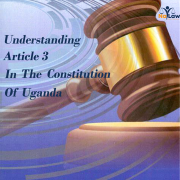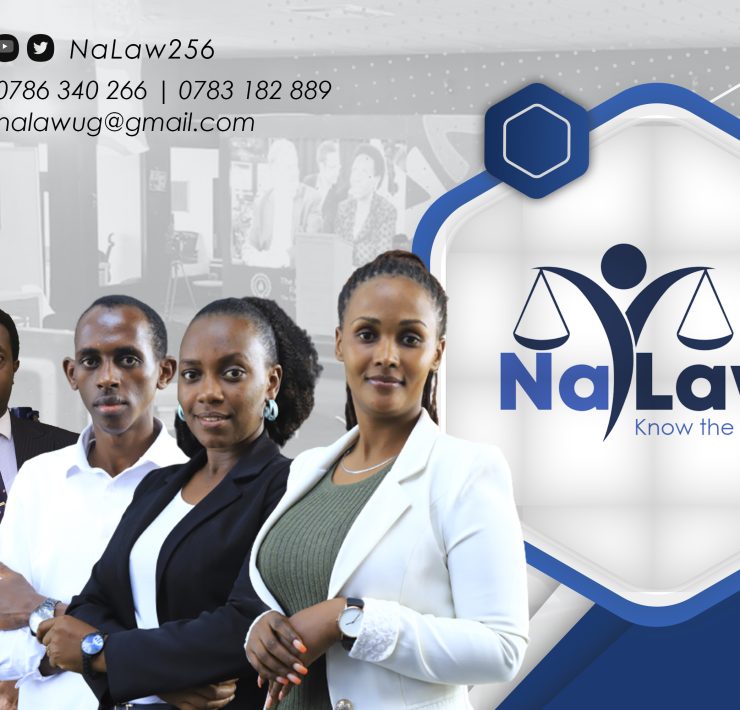Access To Justice 2023 – A Year In Review.
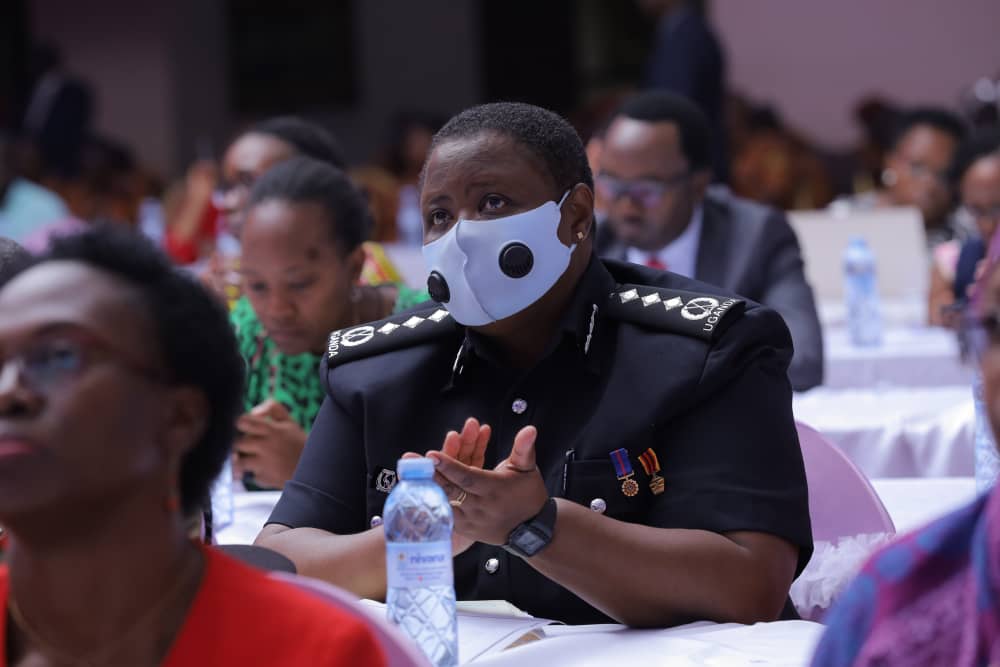
In the wake of the conclusion of the 2023 Access to Justice sub-programme, an extensive analysis reveals a mix of highs and lows, showcasing both significant progress and persistent challenges in the pursuit of a fair and accessible legal system.
THE HIGHS
- Public Trust Surge:
Public trust in the justice system witnessed a commendable rise, reaching 69%, as indicated by data from the SEMA pilot program. This marks a crucial step towards bolstering confidence in the legal processes.
- Infrastructure Development:
The sub-programme successfully invested in the construction of justice centers, increasing the number of districts with one-stop frontline Justice, Law, and Order Sector (JLOS) points from 90 to 92 out of the targeted 117 districts. The construction of the JLOS House has crossed the 60% mark and is on track for completion by 2024.
- Case Disposal and Conviction Rates:
There has been a notable increase in the disposal of cases, rising from 52% in 2020 to 63%, resulting in a 10% reduction in the proportion of backlogged cases. Convictions are at an impressive 72%, attributed to improved investigations and strengthened coordination among legal entities.

- Reduced Pretrial Detentions:
The proportion of pretrial detainees has decreased to 48.5%, reflecting the positive impact of increased case disposal by the judiciary from 55% in FY 2021/2022 to 63% in FY 2022/23.
- Anti-Corruption Efforts:
Conviction rates for corruption cases surged from 74% in 2017/2018 to 82% in the reporting period, accompanied by an increase in the clearance rate from 98% to 110%. These figures attest to the intensified efforts in combating corruption within the legal system.
- Immigration Statistics:
Immigration witnessed positive trends with significant numbers in various categories, including work permits, dependent passes, foreign students facilitated, special passes, entry visas, and visitor pass extensions.

- National Identification Project:
The issuance of National Identification Cards to eligible citizens has made substantial progress, reaching 16,749,675 out of 19,761,668 cards printed.
- Human Rights Commission’s International A Status:
The Uganda Human Rights Commission maintains its international A status, conducting tribunals across its 9 regional offices and successfully resolving 143 matters and 93 complaints through mediation.
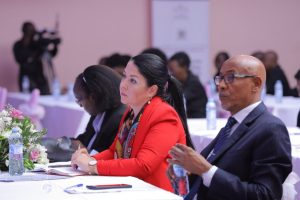
- Legal Aid Clinics:
Legal aid clinics, supported by JLOS, reached out to 141,347 vulnerable individuals and communities through 41 fully operational clinics run by ULS, JCU, and LDC.
- Technological Advancements:
Several institutions, including the Office of the Director of Public Prosecutions (ODPP), are making strides in automation, with the rollout of the Prosecution Case Management Information System (PROCAMIS) covering 42 out of 136 offices.
THE LOWS
- Staffing Challenges:
One of the persistent challenges faced by the sub-programme is the low staff numbers across its institutions. Addressing this issue is crucial to maintaining and enhancing the efficiency of the justice system.
- Judiciary Recruitment Disparity:
The disproportionate recruitment in the judiciary compared to other JLOS institutions is a concern that needs to be addressed for a balanced and effective legal system.

- Prisoner Population and Congestion:
The sub-programme faces the challenge of an increased prisoner population, resulting in congestion that surpasses the required carrying capacity, calling for urgent attention to ensure humane conditions.
- Facilitation Shortcomings:
Inadequate facilitation of attorneys and witnesses poses a threat to effective representation in courts, both locally and nationally. Addressing this issue is essential for maintaining the integrity of legal proceedings.
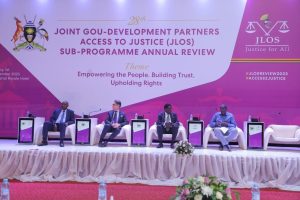
In conclusion, the 2023 Access to Justice sub-programme has seen remarkable successes but also faces critical challenges that demand attention. Addressing these issues will be pivotal in ensuring a fair, efficient, and accessible justice system for all citizens.
